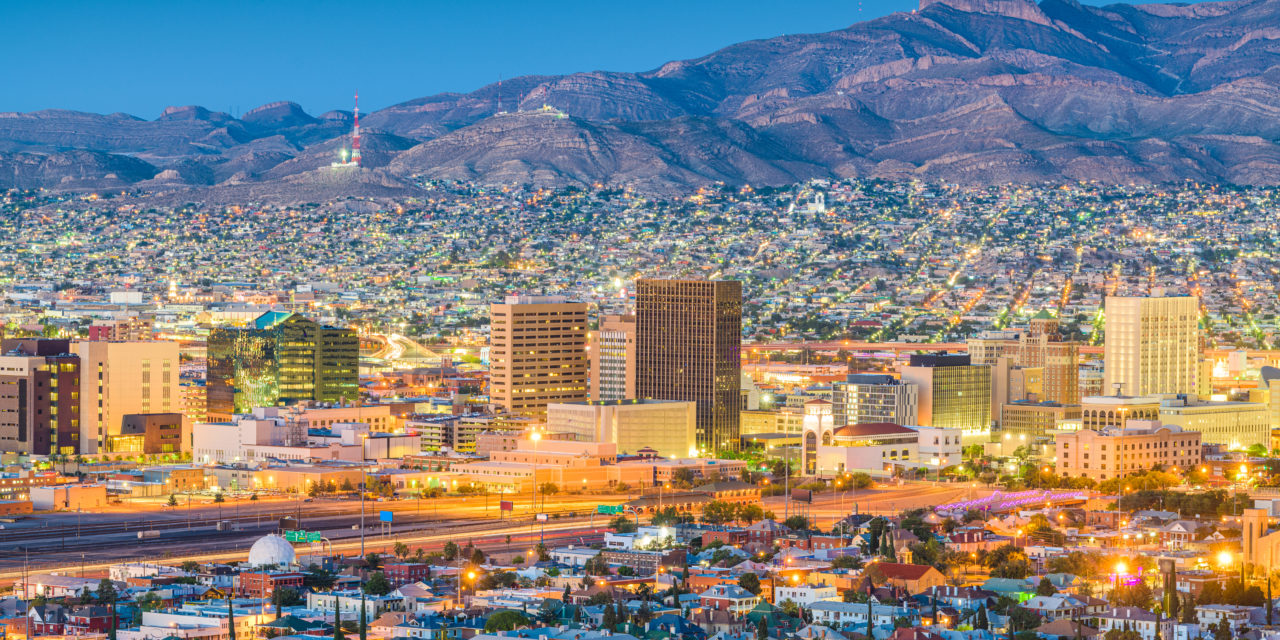The 5th U.S. Circuit Court of Appeals has reversed a lower federal court and held that an evangelical Christian named Ryan Denton cannot be excluded from a public event merely because he wishes to proselytize, i.e., share his Christian faith with other members of the public.
In 2011, the city of El Paso, Texas, created a year-round, weekly outdoor event called the El Paso Art and Farmers Market (Market). The event is held on a closed public street and managed by the city’s Museum and Cultural Affairs Department.
In 2019, Denton went to the Market to proselytize. He did so by distributing Christian literature, conversing with other members of the public, and also via unamplified preaching. He was approached by a police officer and a city official and told he could no longer proselytize there, as it was prohibited at the Market event, along with political speech and fundraising.
After Denton contacted city officials through his lawyer and was again denied the right to proselytize at the Market, he filed a lawsuit. He asked a federal district court to issue an injunction against the city preventing it from censoring his expressive activity. The federal district court denied his request.
Undeterred, Denton pursued an appeal to the 5th Circuit, headquartered in New Orleans. On July 6, a three-judge panel of that court overturned the lower court and sent the case back down with orders to grant the injunction Denton requested.
So why did Denton ultimately prevail? Is there a First Amendment principle to be gleaned here?
A city street, like other government-owned spaces such as public parks, are deemed to be “open forums” for speech. That means that unless the government can prove it has a compelling interest in banning certain types of speech, it can only regulate all speech with ordinary types of restrictions relating to “time, place and manner.”
El Paso attempted to justify its ban on religious speech by saying it could be “disruptive” to the events at the Market. But as the 5th Circuit pointed out, El Paso didn’t attempt to ban all “disruptive” speech, it banned only certain types which it deemed “disruptive.” That it cannot do.
“In a letter to Denton, the City stated that it ‘does not allow activities such as protesting, campaigning, lobbying, proselytizing, or any other activity that could cause a disruption of performances, vending, and/or operations, or pose a potential safety issue,’” the 5th Circuit opinion states. “Although the City asserts that its policy is merely one that prevents disruptive conduct, the policy is actually a categorical ban on proselytizing. As characterized by the City, the policy prohibits all proselytizing on the assumption that it will be disruptive, rather than prohibits conduct because it is disruptive.”
Another way to state what El Paso did wrong is that it enacted “content-based” speech restrictions rather than “content-neutral” ones. Government cannot discriminate against speech based on its content, at least not without a compelling interest. That’s a basic First Amendment principle, and it’s designed to protect unpopular speech from government censorship.
Even though the good news of Jesus Christ is the most important message anyone can receive, it has been and will undoubtedly continue to be unpopular in some quarters. But when that negative view is shared by a government entity or official, and given legal effect, as in El Paso, that’s when the First Amendment and the courts need to step in – as the 5th Circuit did here.
Picture from Shutterstock.






